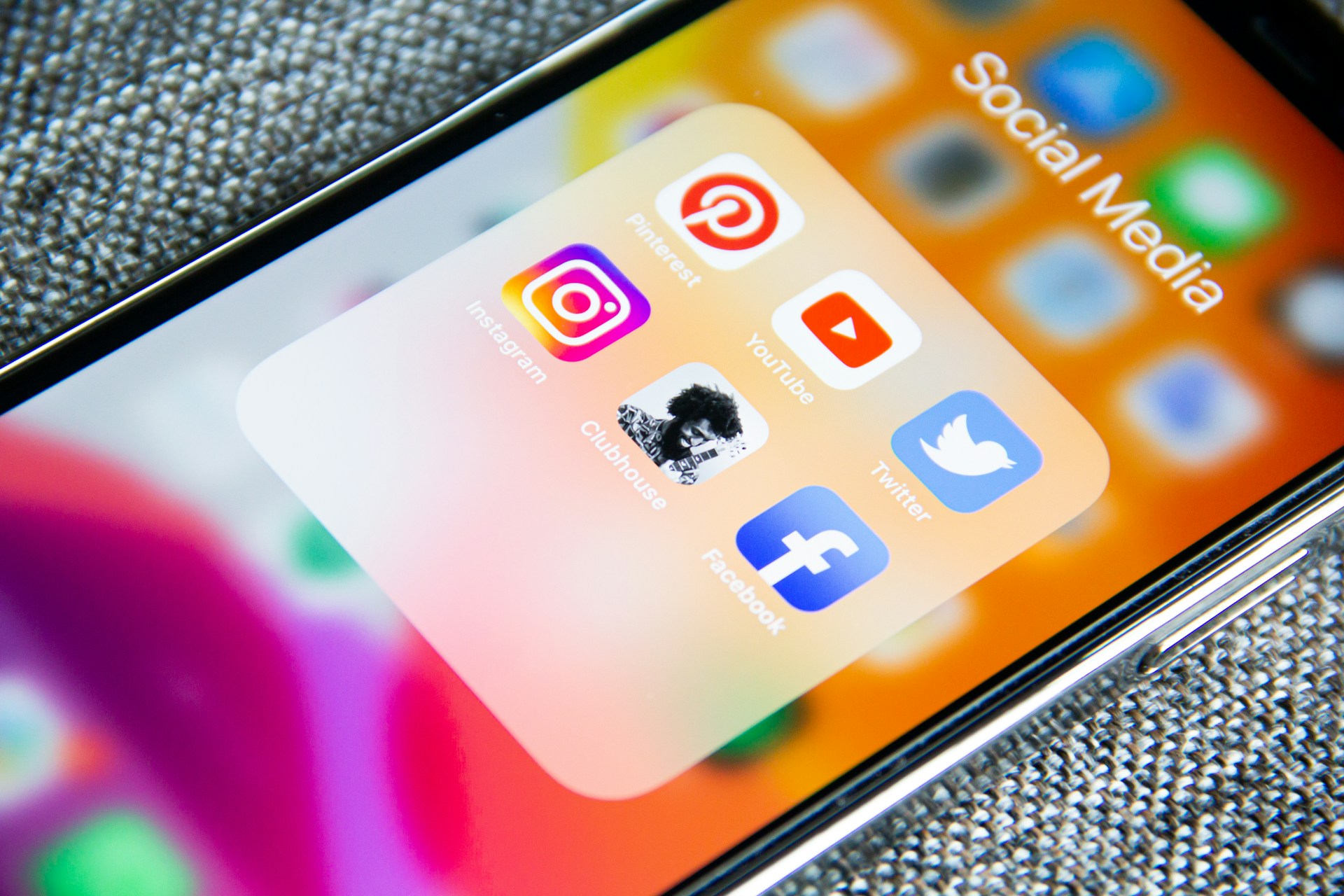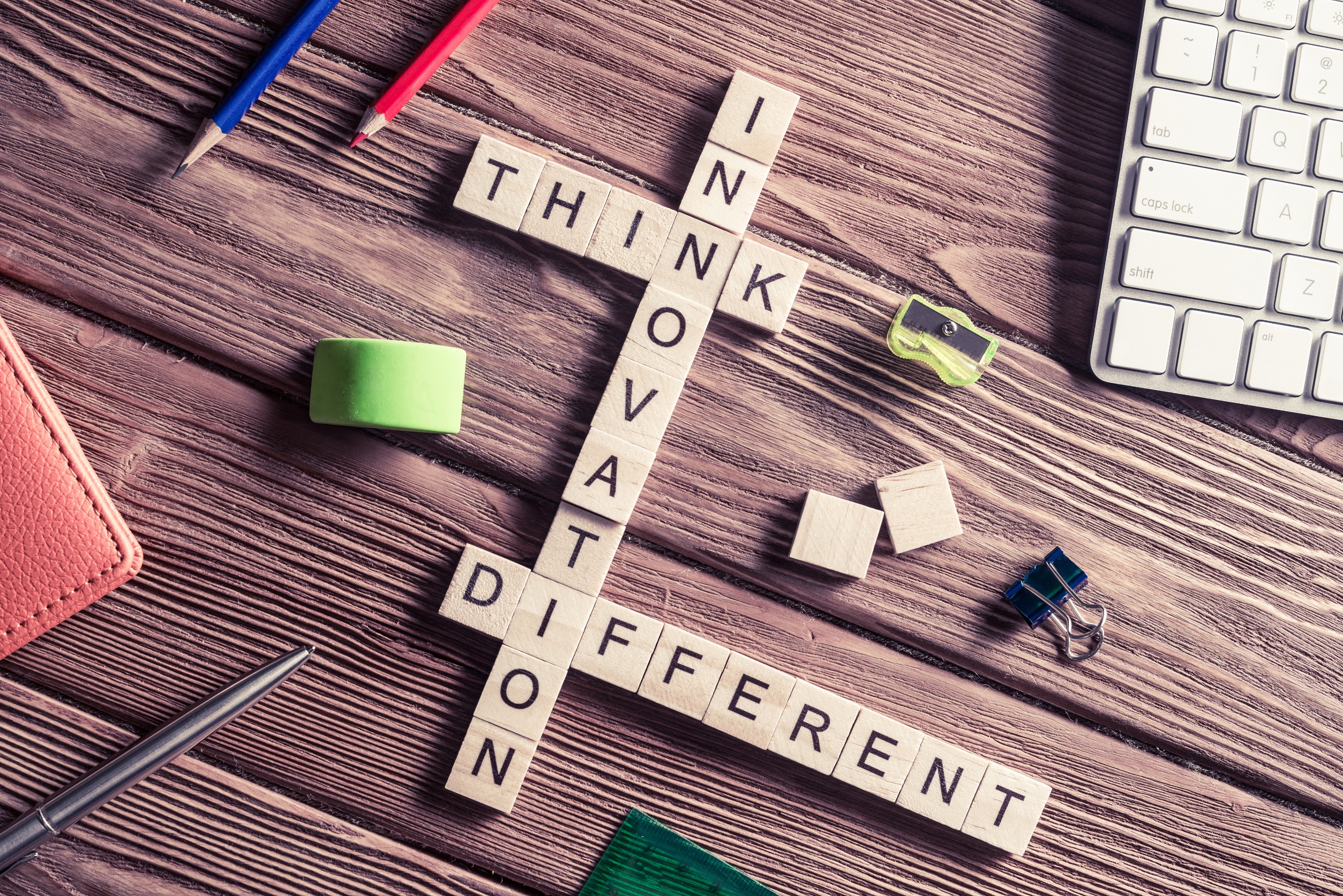unsplash
In today’s rapidly evolving job market, the generational divide between Millennials and Baby Boomers is more apparent than ever. However, this gap isn’t just a source of conflict, it’s an opportunity for mutual growth.
Millennials, born between 1981 and 1996, have cultivated a unique set of skills that are increasingly coveted by their Boomer counterparts. This article explores these 13 essential skills, offering insights into how this intergenerational exchange can foster a more dynamic and innovative workplace.
1. Digital Fluency

unsplash
Millennials are digital natives, having grown up in an era dominated by technology. They navigate social media platforms, cloud-based tools, and mobile apps with ease. This digital fluency is a game-changer in today’s tech-driven business landscape, where online presence and digital marketing are crucial.
Boomers, who may struggle with the more fast-paced technology, are eager to learn from their younger colleagues, recognizing that digital literacy is no longer optional but a necessity for staying competitive.
2. Adaptability To Change

unsplash
Change is the only constant in today’s fast-paced world, and Millennials excel at adapting. Having experienced significant technological and social shifts, they’re comfortable with change and view it as an opportunity rather than a threat.
This resilience is particularly valuable during industry disruptions or company restructurings. Boomers, who may be accustomed to more stable work environments, should be keen to adopt this flexible mindset to navigate uncertainties more effectively.
3. Entrepreneurial Spirit

unsplash
Many Millennials have an innate entrepreneurial spirit, driven by a desire for autonomy and impact. They’re not afraid to take risks, start side hustles, or launch their own ventures. This proactive approach to career development is inspiring Boomers, who might have followed more traditional career paths. The younger generation’s entrepreneurial skills, like spotting market gaps, leveraging networks, and pitching ideas, are highly sought after by Boomers looking to innovate within their organizations or transition into entrepreneurship themselves.
4. Emotional Intelligence

123rf
Emotional intelligence, or EQ, is a hallmark of the Millennial generation. They value empathy, self-awareness, and interpersonal skills, recognizing that these traits foster better teamwork and leadership. In an era where collaborative work is prevalent, EQ is as critical as IQ. Boomers, who may have grown up in more hierarchical work cultures, are eager to learn these soft skills from Millennials to build stronger relationships with colleagues and clients alike.
5. Cultural Competency

unsplash
As the most diverse generation in history, Millennials naturally excel at cultural competency. They’re adept at working in multicultural teams, understanding global perspectives, and adapting communication styles accordingly. In our globalized economy, this skill is invaluable.
The older generation may have less exposure to diverse environments and is growing keener on how to learn from Millennials how to navigate cultural nuances, fostering more inclusive workplaces and expanding into international markets.
6. Continuous Learning

123rf
Millennials have embraced the concept of lifelong learning, constantly upskilling through online courses, workshops, and industry events. They see learning not as a finite phase but as an ongoing journey. This mindset keeps them updated with the latest trends and technologies. Boomers are adopting similar habits. They’re turning to Millennials for guidance on effective learning strategies and resources, ensuring they remain relevant in their fields.
7. Work-Life Integration

unsplash
Unlike the strict work-life balance pursued by previous generations, Millennials strive for work-life integration. They blend personal and professional domains seamlessly, using technology to work flexibly. This approach doesn’t mean working more; it means working smarter. Boomers, who often struggle with long hours and burnout, are fascinated by this model. They’re learning from Millennials how to leverage tools and boundaries to achieve a more harmonious, productive lifestyle.
8. Social Media Marketing

unsplash
Social media isn’t just for personal use, it’s a powerful business tool. Millennials, having grown up with these platforms, are experts at social media marketing. They understand how to craft compelling content, engage audiences, and analyze metrics. In a digital age where brand image is shaped online, this skill is gold. Boomers, realizing the untapped potential of social media, are seeking Millennial mentors (or hiring freelance Millennials) to boost their online presence and customer engagement.
9. Sustainability Focus

pixabay
Millennials are at the forefront of the sustainability movement, deeply committed to environmental and social responsibility. They push for eco-friendly practices, ethical sourcing, and corporate social responsibility. This isn’t just idealism; it’s good business, as consumers increasingly favor sustainable brands. Coming from a much different era, Baby Boomers are now modeling investment and business models with sustainability as an important factor, recognizing it as a key to long-term success.
10. Design Thinking

123rf
Design thinking, a problem-solving approach that emphasizes empathy and experimentation, is second nature to many Millennials. They use this methodology to innovate products, improve user experiences, and streamline processes. In industries where user-centric design is critical, this skill is highly prized. The Baby Boomer generation is now waking up to the merit of design thinking from Millennials to drive innovation and stay ahead of customer needs.
11. Personal Branding

123rf
In the gig economy, personal branding is essential, and Millennials are masters at it. They use blogs, podcasts, and social media to showcase their expertise, build networks, and attract opportunities. This self-promotion isn’t vanity; it’s strategic career management. Boomers often let their resumes speak for themselves. However, there has been a shift. Many Boomers are now seeking Millennial advice on crafting compelling personal brands. They’re learning to leverage digital platforms to highlight their vast experience and open new career doors.
12. Data-Driven Decision Making

unsplash
Millennials are comfortable in the data-driven era. They know how to collect, analyze, and visualize data to inform decisions. Whether it’s using analytics tools or conducting A/B tests, they rely on hard evidence rather than gut feelings.
In a business world where data is king, this analytical prowess is invaluable. Previously relying more on experience, Boomers are now interested in data-driven approaches to make more objective, impactful decisions.
A Two-Way Street of Learning

123rf
The skills that Millennials bring to the table, from digital fluency to remote collaboration, aren’t just nice-to-haves; they’re must-haves in today’s business world. Boomers, with their wealth of experience and industry knowledge, are increasingly recognizing the value of these skills. But this isn’t a one-way street. As Millennials share their expertise, they also stand to gain immensely from the seasoned insights, strategic thinking, and leadership wisdom that Boomers offer.
This intergenerational skill exchange represents a unique opportunity. It’s not about one generation replacing another; it’s about complementing each other’s strengths. By fostering this two-way learning, companies can create more innovative, adaptable, and harmonious workplaces.
Are you a Boomer looking to upskill or a Millennial eager to share your knowledge? Consider initiating a reverse mentorship program in your organization. Not only will it bridge the generational gap, but it will also drive your company’s success in an ever-changing business landscape. The future of work is collaborative, and it starts with learning from each other.
The post 12 Skills Millennials Have That Boomers Want appeared first on The Free Financial Advisor.

Stephen began his career as a Research Assistant at a reputable middle-market private equity firm, where he honed his skills in market research, financial analysis, and identifying investment opportunities. He then transitioned to full-time financial writing focusing on small-cap biotech innovation and digital payment solutions. Today, Stephen is a value-based retail investor and novice baseball statistician.

















.jpg?itok=F2C4uk0x)



Discussion about this post